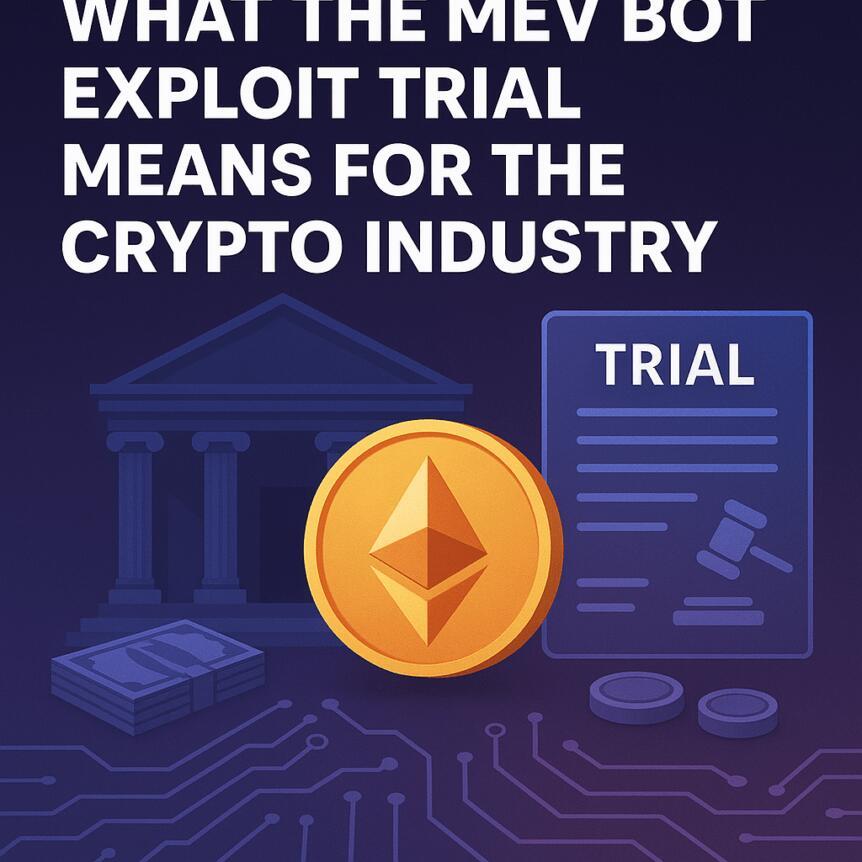
What The MEV Bot Exploit Trial Means For The Crypto Industry
- The brothers face federal charges of conspiracy, wire fraud, and money laundering related to a significant exploit on Ethereum that allegedly removed around $25 million. The prosecution claims the brothers engaged in deception and bait-and-switch tactics, whereas the defense argues they operated within legal boundaries, including paying taxes on their profits. The outcome of this case could influence future regulatory approaches to MEV bots and DeFi exploits in the rapidly evolving crypto markets.
The trial commenced in a New York courtroom, with prosecutors and defense attorneys presenting contrasting perspectives on the brother's activities. Prosecutors argued that Anton and James Peraire-Bueno manipulated victims using high-frequency tactics, generating significant profits through what they describe as illegal“bait and switch” maneuvers. The US authorities allege that this exploit targeted accounts utilizing MEV bots - tools meant to maximize transaction profits on decentralized exchanges.
Anton and James Peraire-Bueno in a New York courtroom during the trialThe case centers on an Ethereum blockchain exploit from April 2023, which was meticulously planned over months, including analyzing code and researching penalties. The Peraire-Bueno brothers were arrested in May 2024 after this sophisticated attack was uncovered.
Potential implications for the crypto industryThe brothers face multiple federal charges including conspiracy to commit wire fraud, money laundering, and conspiracy to receive stolen property, each potentially leading to two decades in prison. Industry observers are emphasizing the importance of the outcome for regulations surrounding MEV operations and DeFi security standards.
Crypto industry experts have differing opinions on the case's significance. Evan Van Ness, CIO of TXPool Capital, remarked post-arrest that“many MEV operators see all as fair in love and MEV,” questioning whether the legal boundaries are clear. Meanwhile, Ethereum researcher Dankrad Feist considered the charges justified, emphasizing that exploiting bugs in permissionless systems can be seen as a violation of implicit rules, with“code not being law.”
As the trial continues in the Southern District of New York, both brothers remain free on bail. The verdict may set a precedent for how decentralization principles intersect with legal standards, potentially shaping future enforcement and compliance in the sprawling world of crypto regulation.
Crypto Investing Risk WarningCrypto assets are highly volatile. Your capital is at risk. Don't invest unless you're prepared to lose all the money you invest.
Legal Disclaimer:
MENAFN provides the
information “as is” without warranty of any kind. We do not accept
any responsibility or liability for the accuracy, content, images,
videos, licenses, completeness, legality, or reliability of the information
contained in this article. If you have any complaints or copyright
issues related to this article, kindly contact the provider above.


















Comments
No comment